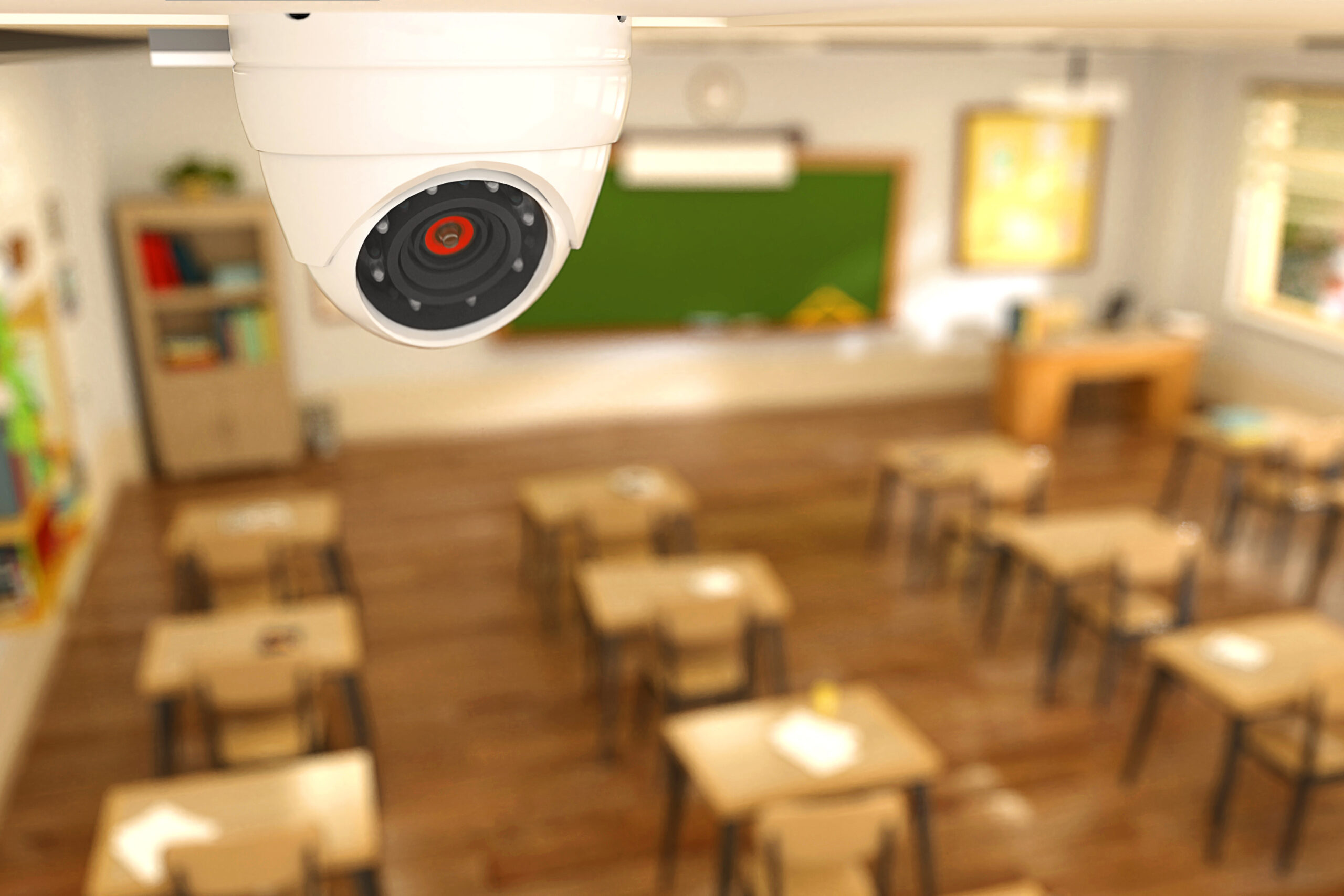Mental health is a serious concern for the majority of American adults, according to a new survey conducted by the Kaiser Family Foundation (KFF) and CNN.
The findings revealed that an alarming 90% of adults feel the nation is experiencing a mental health crisis. Furthermore, 1 in 5 adults rated their own mental health as “only fair” or “poor.”
KFF surveyed individual and family experiences with mental health, polling more than 2,000 adults. Respondents ranked specific mental health-related issues contributing to the crisis:
- The opioid epidemic
- Mental health issues in children and teenagers
- Severe mental health issues in children and teenagers
- Anxiety or depression in adults
- Anxiety or stress caused by political events
- Loneliness
Parents also expressed concerns about the pandemic’s negative impact on their children’s mental health. Adults who rated their mental health as “poor” cited the following leading stressors: finances, politics and current events, relationships with family and friends, and work.
Consider these additional survey key findings:
- Young adults reported more mental health troubles. More than one-third of adults under age 30 said their mental health has interfered with their ability to work and engage in other activities.
- Mental health issues impact an entire family. A family member’s mental health impacts other members’ mental health, family relationships and family finances.
- Most adults are unaware of the new 988 National Suicide Prevention Lifeline (Lifeline). Americans can dial 988—similar to how 911 is used—to be directly connected to mental health services.
Getting Help Today
The survey also revealed barriers that may prevent people from accessing mental health services, such as cost, scheduling (e.g., couldn’t get time off work) and the stigma associated with mental health.
The 988 dialing code is a direct connection to compassionate, accessible care for anyone experiencing mental health-related distress, including thoughts of suicide, mental health or substance use crisis, or other emotional struggles. People can also call the Lifeline if they’re worried about a loved one who may need emergency support.
For more mental health resources, contact INSURICA today.
This is not intended to be exhaustive nor should any discussion or opinions be construed as legal advice. Readers should contact legal counsel or an insurance professional for appropriate advice. © 2022 Zywave, Inc. All rights reserved.
About the Author
Share This Story
Related Blogs
Enhancing School Security: Practical Strategies for Safer Campuses
Enhancing school security is one of the most pressing responsibilities for education leaders today. As school campuses evolve, so too must the systems that protect them. For administrators, safety professionals, and district decision-makers, creating a secure learning environment means taking a proactive, layered approach that includes physical security, training, technology, and community involvement.
5 Common Cybersecurity Mistakes and How to Avoid Them
All organizations, regardless of their size or industry, are at risk of being targeted by cybercriminals. These malicious actors can conduct cyberattacks, leading to significant financial, operational and reputational damage that can be difficult or impossible to recover from. Fortunately, solid cyber hygiene practices can reduce the likelihood of data breaches and other cyber incidents from occurring, and many of these practices are relatively low-cost and easy to implement.
Insurance Coverage Basics For Boatowners
A small boat, such as a canoe or other un-motorized boat, is typically covered under the personal property portion of your homeowners insurance policy. If you own a larger, faster boat, you'll need a separate boatowners insurance policy. A typical boatowners insurance policy is designed to protect your boat, motor, equipment, and passengers. It affords similar coverages to those you typically have for your car including:








